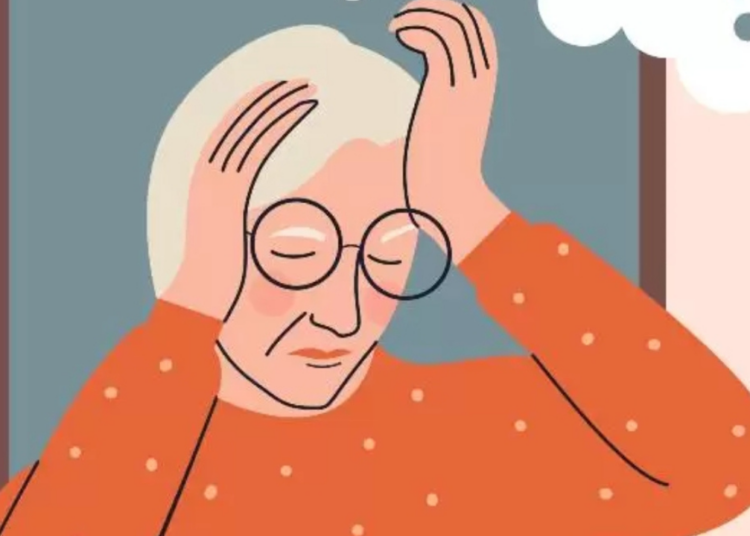A new drug, Donanemab, is being seen as a turning point in the fight against Alzheimer, after a global trial confirmed it slows cognitive decline.
According to a report by BBC, the antibody medicine helps in the early stages of the disease by clearing a protein that builds up in the brains of people with this type of dementia.
In the trials, it appeared to have slowed the pace of the disease by about a third, allowing people to retain more of their day-to-day lives and tasks, such as making meals and enjoying a hobby.
Mike Colley, who is 80, is one of only a few dozen patients in the UK to take part in the global trial. He and his family spoke exclusively with the BBC.
Mike gets an infusion each month at a clinic in London and says he is “one of the luckiest people you’ll ever meet”.
Mke and his family noticed he was having problems with memory and decision-making, not long before he started on the trial.
His son, Mark, said it was very hard to watch at the beginning: “Seeing him struggle with processing information and solving problems was very hard. But I think the decline is reaching a plateau now.”
Mike, who is from Kent, said: “I feel more confident every day.”
Donanemab, made by Eli Lilly, works in the same way as lecanemab – developed by companies Eisai and Biogen.
The UK’s drugs watchdog has started assessing it for possible NHS use.
It works in Alzheimer’s disease, not in other types of dementia, such as vascular dementia.
Although extremely promising, these drugs are not risk-free treatments as brain swelling was a common side-effect in up to a third of patients in the donanemab trial. For most, this resolved without causing symptoms.
However, two volunteers, and possibly a third, died as a result of dangerous swelling in the brain.
We’ve got the edge. Get real-time reports, breaking scoops, and exclusive angles delivered straight to your phone. Don’t settle for stale news. Join LEADERSHIP NEWS on WhatsApp for 24/7 updates →
Join Our WhatsApp Channel










